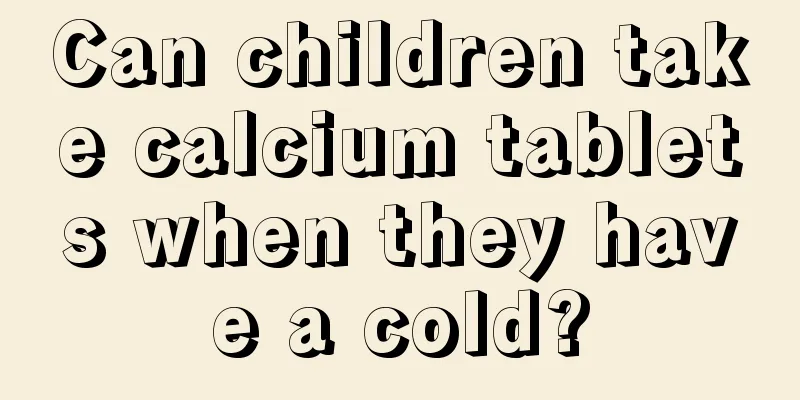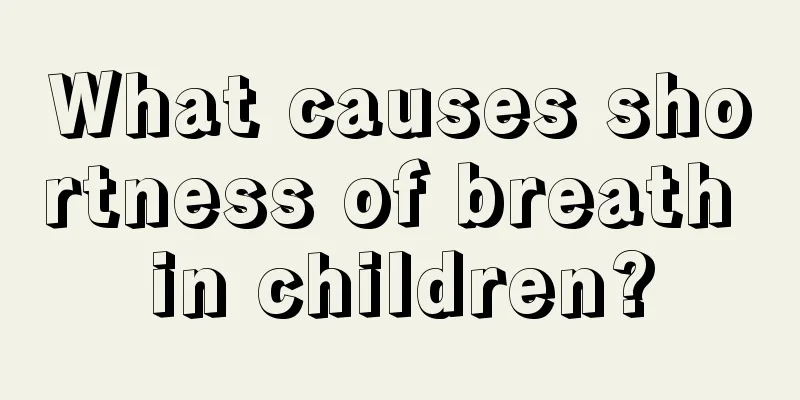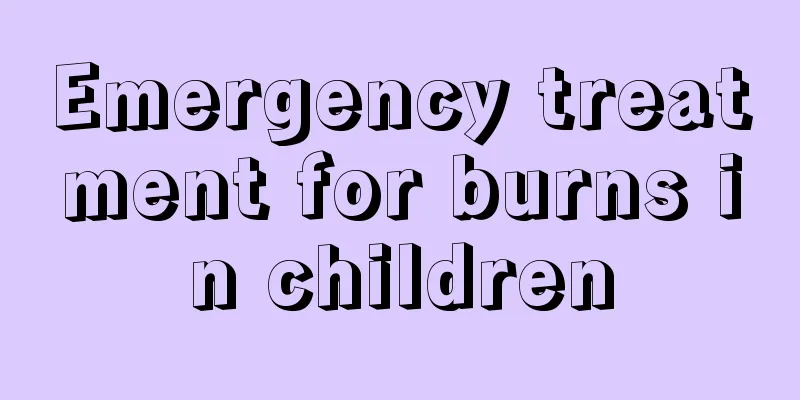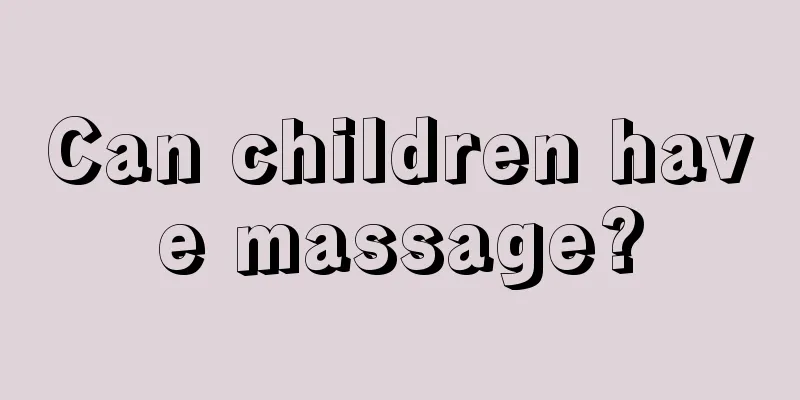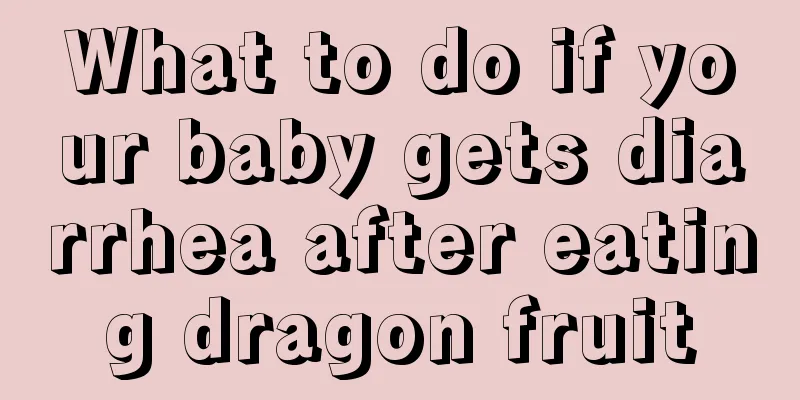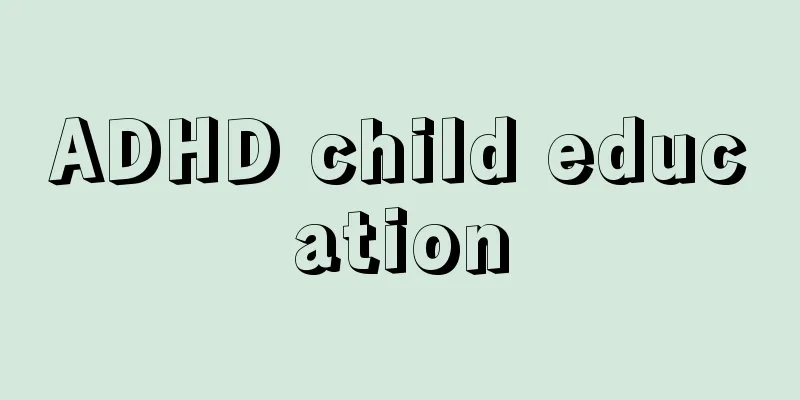What are the anti-inflammatory drugs for children?

|
In the process of growing up, children will inevitably be troubled by some minor colds, especially colds and fevers in winter, or upper respiratory tract infections, which make many parents worry and anxious about how to deal with them. Generally speaking, children should try not to get intravenous drips when they have a cold. It is best to choose to only reduce inflammation and eliminate the bacteria in the body. So what do children want? Commonly used ones are: amoxicillin granules and azithromycin granules. 1. Acute upper respiratory tract infection, pharyngitis, tonsillitis, laryngitis in children Upper respiratory tract infection refers to the general term for acute inflammation caused by pathogens invading the nasal cavity, pharynx or throat. It is the most common infectious disease of the respiratory tract. Local symptoms are obvious, including congestion, edema, secretions of the nasal mucosa, and mild congestion of the pharynx. In the early stage, there will be dryness, itching or burning sensation in the throat. At the same time or several hours after the onset, there may be sneezing, nasal congestion, and watery nasal discharge, which will thicken after 2 to 3 days. It may be accompanied by sore throat, and sometimes hearing loss due to Eustachian tube inflammation. It may also cause tearing, dull taste, shortness of breath, hoarseness, and a small amount of coughing. Acute infectious laryngitis is an acute diffuse inflammation of the larynx with wax. The clinical features are barking cough, hoarseness, laryngeal striae, and inspiratory dyspnea. The above-mentioned diseases are common clinical diseases. It is generally recommended to use amoxicillin granules for mild cases and azithromycin granules for severe cases. There is no need to use newer and more advanced antibiotics. 2. Acute bronchitis in children Acute bronchitis is an acute inflammation of the bronchial mucosa. Common causes are viral or bacterial infection, physical or chemical stimulation or allergic reaction. The disease often occurs secondary to acute upper respiratory tract infection. The onset of the disease often includes symptoms of upper respiratory tract infection such as nasal congestion, sneezing, sore throat, and hoarseness. Most systemic symptoms are mild, with only mild chills, fever, headache and body aches. Infants and young children may have symptoms such as fever, vomiting and diarrhea. The cough is mild at first, irritating, and produces little sputum. After 1 to 2 days, the cough worsens and the sputum changes from mucus to purulent. Severe coughing may be accompanied by nausea, vomiting, or chest and abdominal muscle pain. When accompanied by bronchospasm, wheezing and shortness of breath may occur. The breath sounds in both lungs are coarse, with irregular scattered dry and wet rales, which disappear after coughing. It is recommended to use amoxicillin granules or azithromycin granules with stable efficacy. 3. Pneumonia in children Pneumonia in children has an acute onset and may present with symptoms such as fever, refusal to eat, vomiting, irritability, and mental depression. There may be an upper respiratory tract infection for several days before the onset of the disease. The early body temperature is between 38 and 39 degrees, and can be as high as 40 degrees. Most of the time it is a remittent fever or irregular fever. The coughing is frequent and the breathing is rapid, which may reach 40 to 80 times per minute. Severely ill children may have purple spots around the mouth, nasolabial grooves, and tips of fingers and toes, flaring of the nose, and the three-depression sign. In mild cases, the heart rate increases, while in severe cases, varying degrees of heart failure and myocarditis may occur, and even combined with heart failure. Azithromycin granules should be taken as soon as possible and medical attention should be sought promptly. You cannot take medicine randomly after you are sick, because children have special and weak physiques. If you do not pay attention after using the medicine, it will cause the disease to relapse and make the cold worse. Generally speaking, different medicines can be selected according to the different symptoms of the child. For example, if the child has bronchitis, pneumonia and other problems caused by a cold, you should pay attention to the child's diet in time and take additional medication for conditioning. |
<<: What to do if children have a fever and cold hands and feet
>>: What should I pay attention to when changing milk powder for newborns?
Recommend
What to check for short height in children
Children's height is constantly increasing du...
What causes mouth ulcers in children?
Oral ulcer is a common disease in our lives. The ...
What to do if your child has abdominal lymphadenitis
Many children have lymph node inflammation, which...
What medicine should a one-year-old baby take for a cold?
Because one-year-old babies have lower immunity a...
What to do if the baby's face is scratched and bleeding
Babies are naturally very active, so they are pro...
The child's eyes are red and swollen with eye mucus
When the baby is born, the eyes may become bloods...
How to treat children's throat suppuration?
If children do not pay attention to their diet or...
Reasons why children have trouble falling asleep
Insomnia is painful. Sleep is very important. Peo...
Which department should children with fever and convulsions go to?
There are many diseases in childhood that require...
Will children with roseola vomit?
If a child vomits for no apparent reason and his ...
What should children eat when they have a cough and runny nose?
Children coughing and runny nose is a phenomenon ...
Height at one year and seven months
Under normal circumstances, babies who are one ye...
How to prevent asthma in children
How to prevent childhood asthma? The onset of chi...
Why do babies have rashes?
The baby is very vulnerable to harm because his b...
One-year-old baby's teeth are corroded and have pits
Babies are of great concern to parents, because a...


